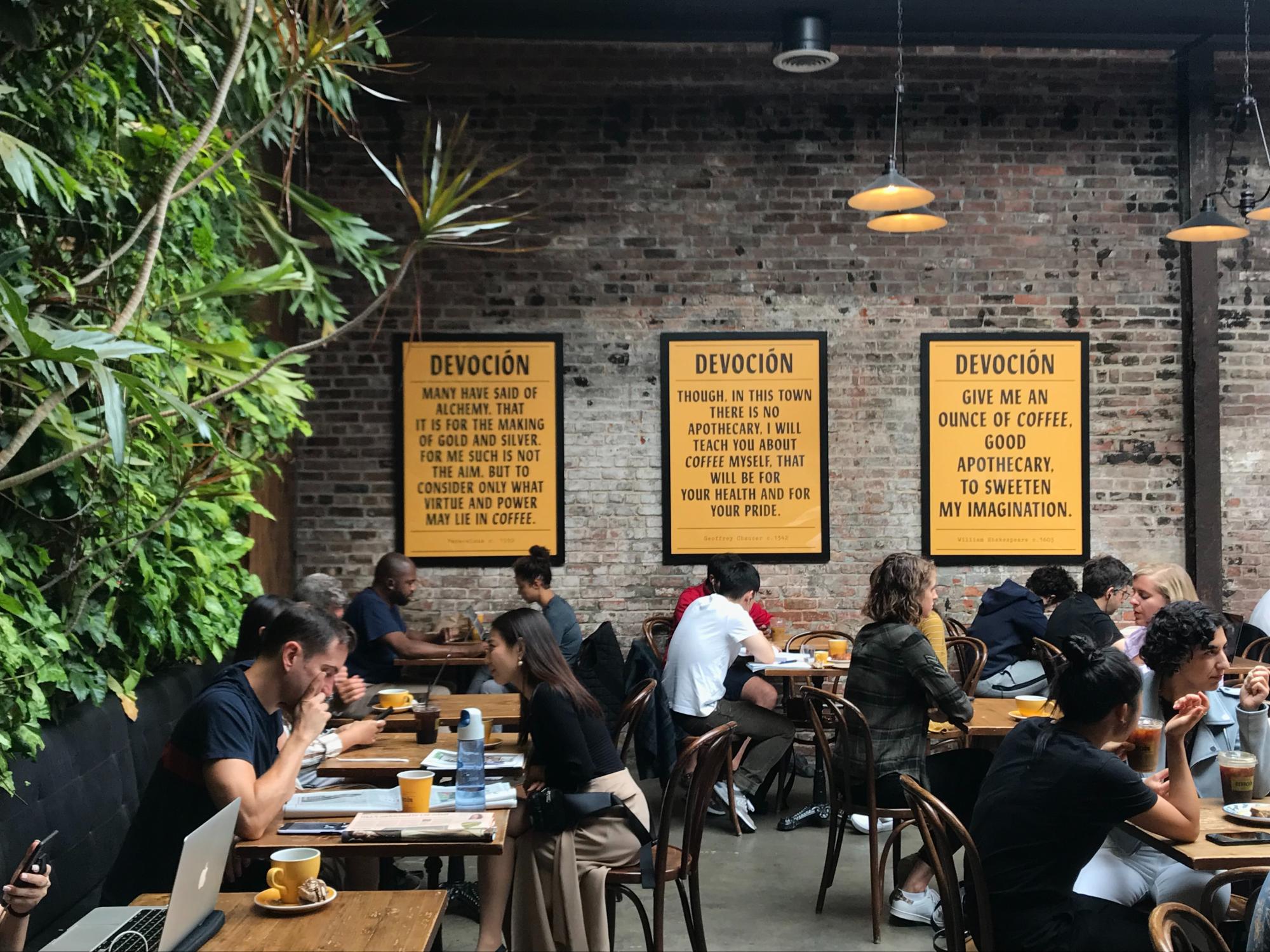Test- FTSE 100 Kicks Off August on a High as BP and Senior Lead Market Momentum
$11
10 Oct 2025, 13:13

Unsplash.com

From drive-thru to back-of-house operations to predictive ordering for consumers, restaurant brands are starting to pilot artificial intelligence to streamline food service.
AI has yet to reach critical mass at large chains, though it has the possibility of helping automate more activities and allow restaurant staff to have greater interactions with customers.
According to analysts, one important benefit is the ability to alleviate workforce issues in a continued tight job market. According to the National Restaurant Association, the sector will generate 500,000 jobs by the end of 2023, yet there is now only one job seeker for every two vacant opportunities.
Furthermore, TD Cowen forecasts that voice-enabled AI may increase revenues by up to 15% through suggestive selling and shorten service times by 10 seconds.
According to Andrew Charles, managing director of consumer and restaurants at TD Cowen, the industry transition is similar to the introduction of third-party delivery services five years ago, when it was prevalent at virtually every large restaurant operator.
According to Charles, there are still barriers to widespread adoption. Many of these huge restaurant companies require franchisees. Language hurdles and menu intricacies can complicate the ordering process, making it difficult for AI to navigate.
At the same time, a new wave of pilot programmes has begun.
Carl's Jr. and Hardee's parent company CKE stated last month that it plans to introduce AI integrations across the country through collaborations with Presto and OpenCity AI.
In turn, McDonald's sold McD Tech Labs to IBM in 2021, forming a strategic alliance to help introduce AI technology to drive-thrus. McD Tech Labs, which was previously known as Apprente before being bought by McDonald's, employed AI to analyse drive-thru orders. McDonald's has only tested the technology in a few locations thus far.
Chipotle, a restaurant technology pioneer, has teamed with Miso Robotics, debuting Chippy, their robotic chipmaker, which is now installed and frying chips in a restaurant site in Fountain Valley, California. Chippy has been trained using AI to replicate the brand's precise chip recipe with salt and fresh lime juice. The number of chips required will also be determined in the future edition of Chippy.
To be more accurate and less alert, the firm has used AI on its app to deploy suggestive ordering and employs video systems at its Cultivate Centre test kitchen to offer real-time data on the amount of food needed based on client volume.
Curt Garner, Chief Customer and Technology Officer told CNBC that the business hopes AI and robotics can enhance and improve human encounters at its restaurants.
(Sources: cnbc,com, nra.com)